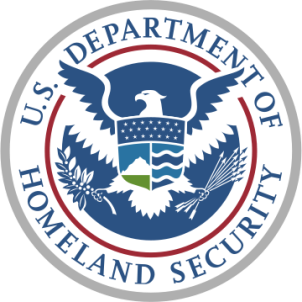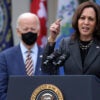 More than 12 years after 9/11, Congress still isn’t listening to calls for critical homeland security reform. The latest comes from the Aspen Institute, which once again urged Congress last week to implement the final recommendation of the 9/11 commission: simplifying congressional oversight of the Department of Homeland Security (DHS).
More than 12 years after 9/11, Congress still isn’t listening to calls for critical homeland security reform. The latest comes from the Aspen Institute, which once again urged Congress last week to implement the final recommendation of the 9/11 commission: simplifying congressional oversight of the Department of Homeland Security (DHS).
DHS was created in 2002 by bringing together 22 different agencies across government. In classic D.C. style, many Members of Congress refused to give up the power and prestige that comes with overseeing these federal agencies. The oversight structure not only remained in place but has grown over the years. DHS now reports to a total of 119 different congressional committees and panels, up from 86 in 2003 and from 108 in 2012.
The growth of oversight committees both limits and weakens DHS. In an age of financial limits and renewed security concerns, DHS needs efficiency and focus on its mission. But as Heritage policy analyst Jessica Zuckerman explains, mushrooming oversight wastes precious resources of time and money that could be better spent actually providing security.
Even if DHS had the means to effectively report to over 100 different congressional committees, the number of different visions for DHS stops effective security. For instance, the priorities of the Senate Committee on Agriculture, Nutrition, and Forestry greatly differ from those of the House Armed Services Subcommittee on Military Personnel. Yet both of these bodies have oversight roles over DHS. The oversight is so messy that every head of DHS has fought to reform the process.
Bloated congressional oversight also means DHS cannot rapidly engage emerging threats and security issues. A specific area of concern is the increasing vulnerability of the nation’s infrastructure to a cyber attack. Here, seven committees claim oversight responsibility of DHS, creating competing interests and diluting any meaningful security efforts.
Placing these administrative hurdles in the path of DHS weakens our national security and resilience. Instead, Congress should reorganize DHS oversight to a system resembling that of the Department of Defense. Any reorganization efforts should narrow oversight to six committees—three in each chamber of Congress.
Congressional turf wars should not stop measures meant to protect against another attack in the United States. For years, numerous institutions—including The Heritage Foundation—have consistently provided the blueprint for moving forward on this issue. Congress should get serious about security by acting on this last remaining recommendation of the 9/11 commission and fix congressional oversight of DHS.
Brett Ramsay is currently a member of the Young Leaders Program at The Heritage Foundation. For more information on interning at Heritage, please click here.





























